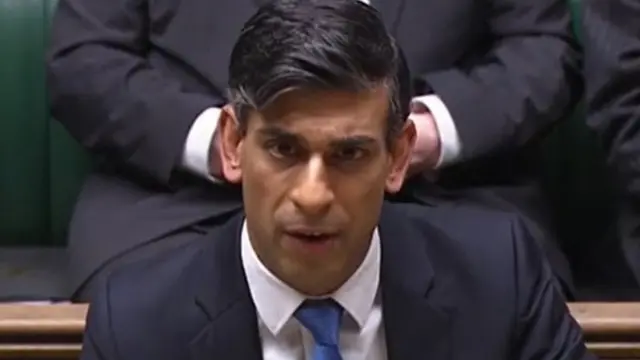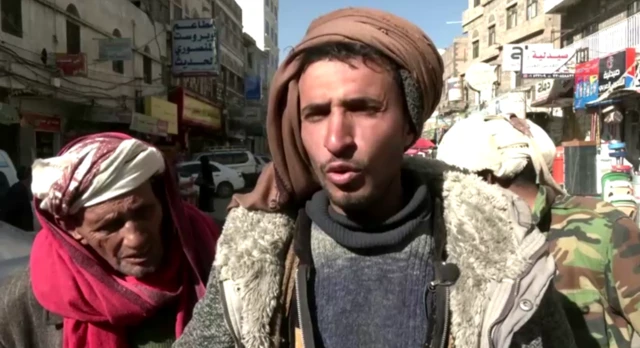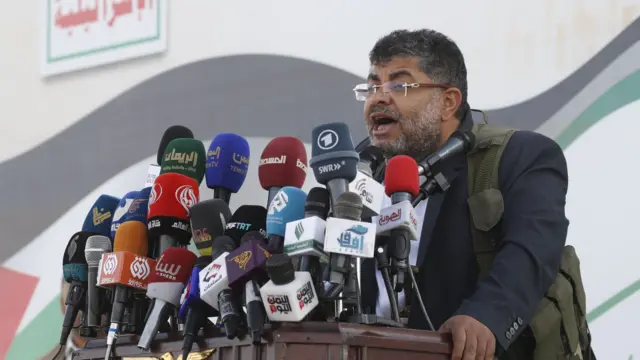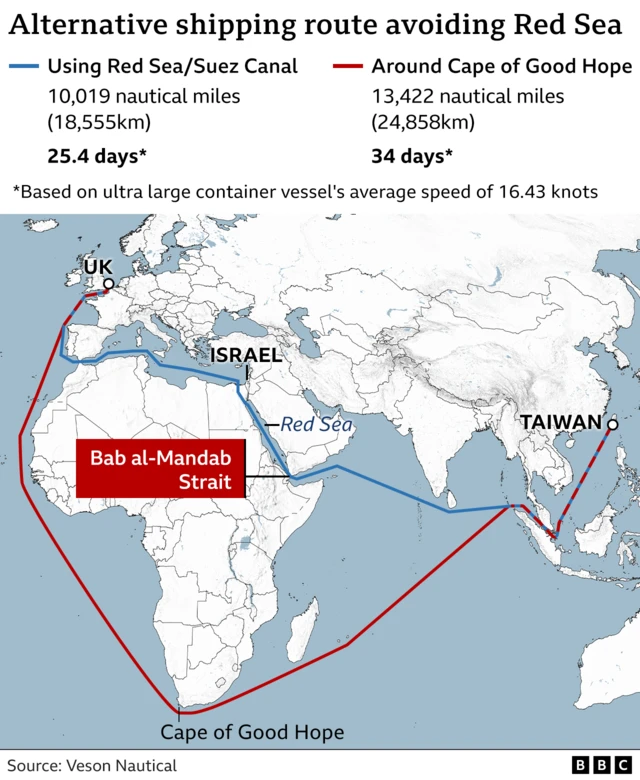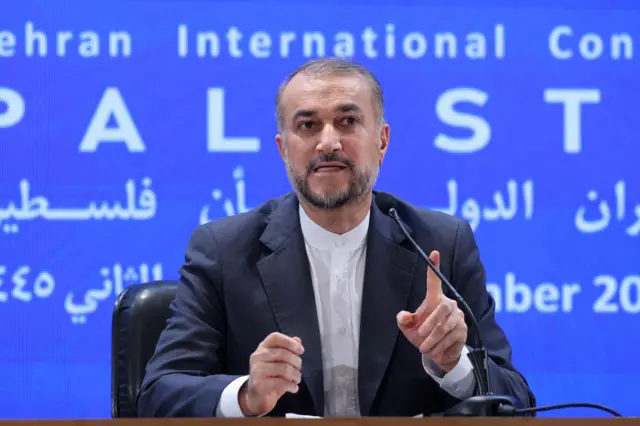Postpublished at 12:46 GMT 23 January 2024
Starmer notes that this was the second set of strikes that the UK has participated in, and that the Houthi attacks have continued since the first.
"It is right that the House [of Commons] hears more about [the air strikes'] effectiveness," he says.
He asks Sunak to "set out his confidence that these strikes will be effective in reducing Houthi capabilities" and to republish the government's legal position on them.
